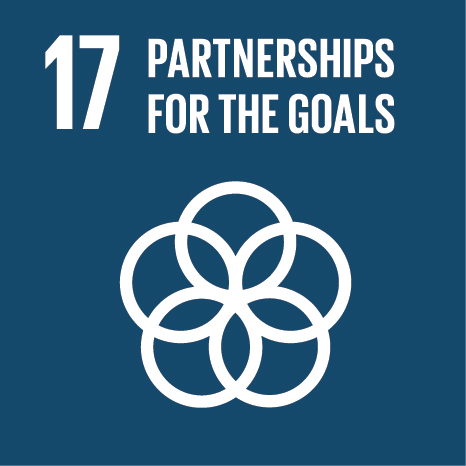Ciência_Iscte
Publications
Publication Detailed Description
Analyzing Twitter Data: Advantages and Challenges in the Study of UN Climate Negotiations
Journal/Book/Other Title
SAGE Research Methods Cases Part 2
Year (definitive publication)
2019
Language
English
Country
United Kingdom
More Information
Web of Science®
This publication is not indexed in Web of Science®
Scopus
This publication is not indexed in Scopus
Google Scholar
This publication is not indexed in Overton
Abstract
Online social networks offer a great amount of information to study human behavior and social interaction. Twitter data are the most common source used by researchers due to its data accessibility. Moreover, for political scientists, Twitter data are extremely interesting due to the political nature of its conversations. However, Twitter data are still a new source in comparison to others, such as surveys and interviews. This might present a barrier for some researchers and students. This case study clarifies the initial questions students might have. In particular, we answer the questions of where to obtain Twitter data and what advantages and challenges this kind of data poses, especially in regards to network research. Our research project on the UN climate change secretariat and its role and influence during UN climate change negotiations serves as an example.
Acknowledgements
--
Keywords
Twitter,Social Network Analysis,Climate Policy,International Relations,Global Environmental Politics,Research Methods,Research Design
Fields of Science and Technology Classification
- Political Science - Social Sciences
Funding Records
| Funding Reference | Funding Entity |
|---|---|
| JO 1142/2-1 | Deutsche Forschungsgemeinschaft (DFG) |
| KO 4997/1-1 | Deutsche Forschungsgemeinschaft (DFG) |
| JO 1142/1-1 | Deutsche Forschungsgemeinschaft (DFG) |
| KO 4997/4-1 | Deutsche Forschungsgemeinschaft (DFG) |
Contributions to the Sustainable Development Goals of the United Nations
With the objective to increase the research activity directed towards the achievement of the United Nations 2030 Sustainable Development Goals, the possibility of associating scientific publications with the Sustainable Development Goals is now available in Ciência_Iscte. These are the Sustainable Development Goals identified by the author(s) for this publication. For more detailed information on the Sustainable Development Goals, click here.

 Português
Português



